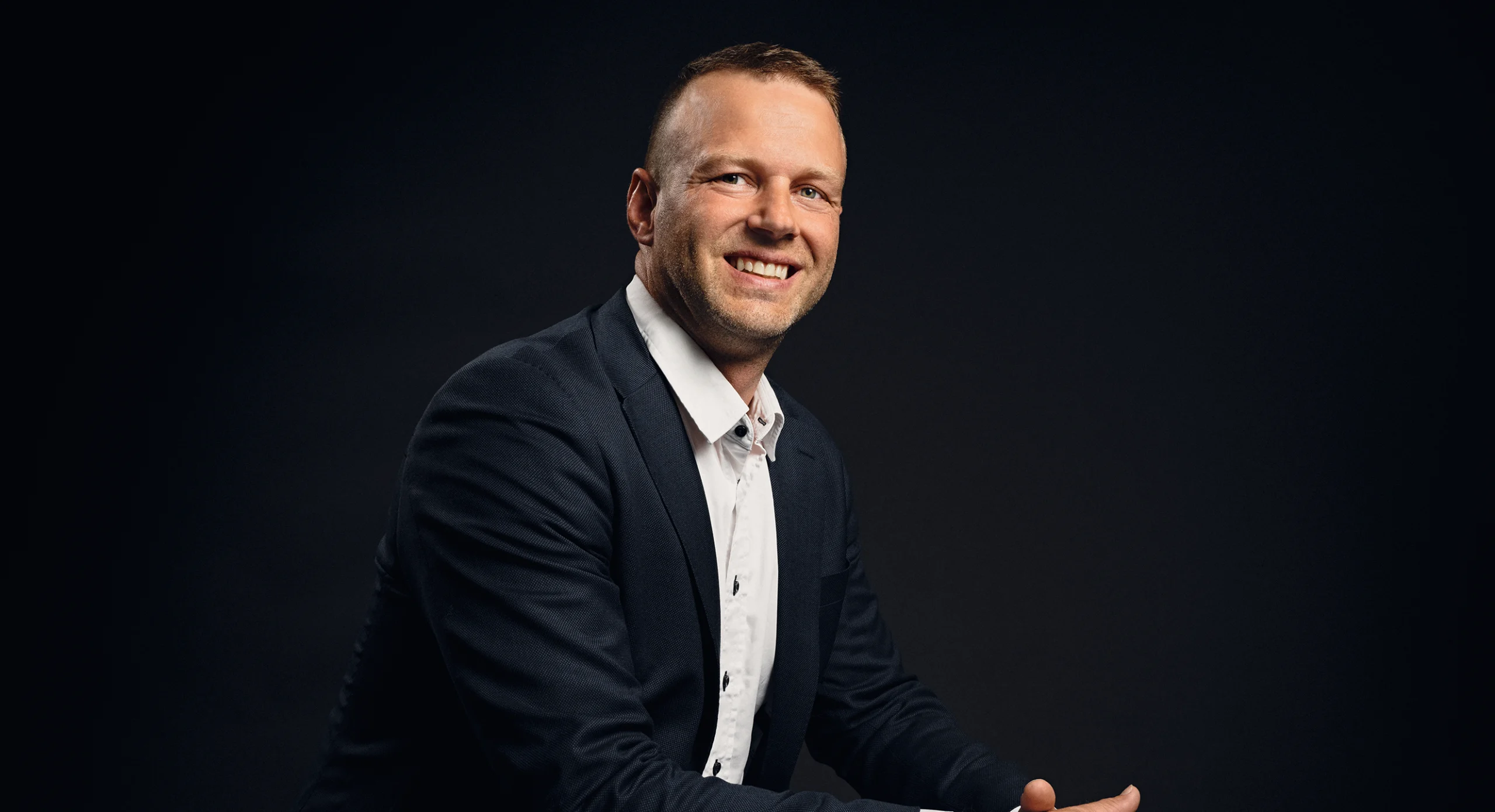The world is changing, and the desire for change is growing – curse, blessing, or something in between

There is no need to deny it. After all, many people think about it – during or after the holiday season.
We might desire to change jobs or pursue something completely new. To renew and develop ourselves. Sometimes it’s not just about changing your job, but it can also be seen in other areas of life. It is about a complete change.
Change is a good thing. We must consider it as a positive sign that people have the opportunity to choose and move forward in their (working) life.
But the challenge is what we, as employers and especially as managers and supervisors, should face bravely: the pain of letting go.
Individual needs are at the center
There are always risks. It causes enormous pressure for companies to figure out how the constant turnover of people will affect their businesses and how they will engage an increasingly diverse organization. In some cases, the company’s goals and values compete alongside individual preferences.
For example, generation Z of diginatives expects even more openness from working life and opportunities to influence and change the job if they want. It is also known that more than 40% of employees are considering changing jobs. In the big picture, it is feared that the great resignation will permanently change the entire working life. An initially positive thing can even turn into a harmful phenomenon to society.
But does it have to be this way? I think that if a person, team, or company has the drive to change, evolve and grow, we must be able to encourage them in some way. Sometimes it means that a person stays, sometimes it means their wings carry them to somewhere else.
Here are my tips for you as a manager, team leader, or supervisor when you want to solve everyday challenges here and now.
Figure out the big picture
First, you need to be aware of the big underlying global change factors. These are the change in individual thinking and the growth of relevance, as well as the various crises that touches everyone at some point, like climate change and the artificial intelligence revolution.
When you understand the market environment and the world situation where you operate, you won’t be blindfolded within your organization. You can’t escape the facts. People are more and more aware of what is happening around them. For example they expect companies to react actively to the war in Ukraine and customer feedback from social media.
That’s why you, as a manager, supervisor, or team leader, have a lot of responsibility here.
I believe that at the end of the day, doing everything you can from an individual’s point of view serves the team’s and the company’s goals in the longer term. Be aware and act responsibly. Understand that you are part of something greater.
Show care and appreciation
You have to make people listen. Get their attention. You need to know your people and sometimes even challenge your perception of them. You need to face people as individuals and try to understand their thoughts and needs. Also at the point when a person is considering leaving.
At the same time, people must be offered opportunities for growth and new paths so that the only option is not to pack up and leave a notice of resignation. At worst, bridges are being burned both ways. At best, the door is left open, and the person is always welcome back.
In hectic everyday life, we might ignore the things that we could easily take care of. Everyone is busy and has a lot of work. Still, there must be time to care, to show attention. To say hello, to thank, to be present when the other person is there. Share a smile and a kind word.
Each of us wants to be heard, seen, and appreciated. Each of us wants to be good at something. A company can develop ways to show care and appreciation. Everything starts with people. He who knows what will find the means how.
Put yourself in the other person’s shoes
Managers and supervisors are people just like everyone else. Sometimes right, sometimes wrong, but equally, they need acceptance and experiences of success. We all want the same things, regardless of titles and job descriptions. Could we put ourselves in another person’s position for a moment? How would we like to be treated ourselves?
Surprisingly many employees change jobs because they weren’t promoted, could not develop themselves, or didn’t feel like they belong to the group. Could something have been done before losing the expert?
Could we genuinely think about how to hold on to our people? When we see that leaving is the only option, we should do it with appreciation. The individual should be left feeling that they really meant something to us. These are small things, but ultimately meaningful.
Lead the way
When the strategy changes, it changes many things. And the change is happening here at Barona too. It should be a good thing. My job is to show the way but not dictate how to get to the destination. I want to pilot Barona people and somehow support each of them. Is it possible?
My primary responsibility is to create a culture where everyone also wants others to succeed and be well. When the goal is common and it inspires, we find ways to reach it together.
I want to make our people commit and see their importance for the well-being and success of our entire organization.
Recently my son advised me not to make things too complicated. That was well said. I try to live by this every day.
